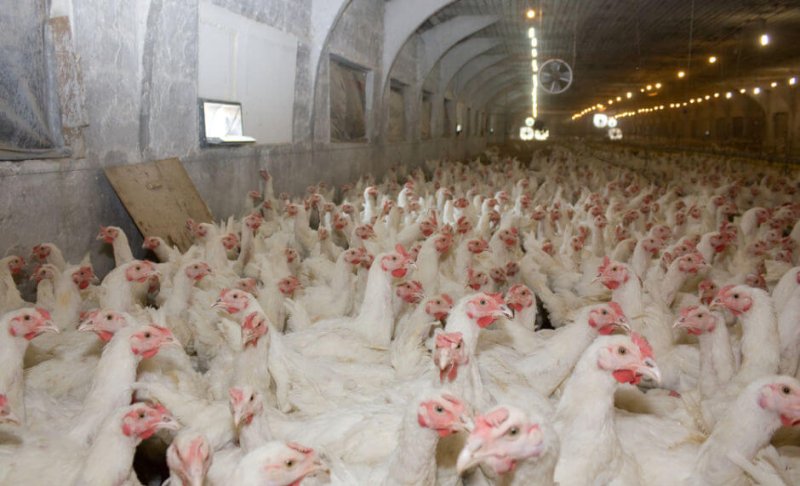From the look of things, you’d be correct in thinking that a revolution in food production was underway. Calls for local, sustainable, slow, humane, organic, non-genetically modified, fair-wage, “real” food are not only ubiquitous, they’ve inspired a farm-to-table movement that seeks to end industrialized agriculture, empower small farmers, and replace Walmart with farmers markets.
It is always difficult to get beyond the rhetoric and quantify such trends, but one metric seems safe to assume: If the movement were working, factory farms would be in decline. But, as a report just released by Food and Water Watch reveals, the exact opposite is happening.
The report, called “Factory Farm Nation,” found that, as the Food Movement hit full tilt, livestock raised on factory farms increased by 20 percent between 2002 and 2012.
It’s essential to understand why. From its earliest roots, the most notable attempts to check a rapidly industrializing food system have made the same error: They’ve tried to beat the devil at his own game. The movement asked us to simply (and, sometimes, not so simply) replace commodity beef with grass-fed beef, industrial pork with pastured pork. These substitutes will always be popular with some consumers, but they eventually hit the brick wall of economic reality.
The Food and Water Watch report is a wake-up call for anyone who eats. But for those who seek to improve the way we eat, it’s a fire alarm. There is no reason to abandon efforts to localize the food we eat, but there’s every reason to think seriously about what we eat, and how that diet might radically change if we hope to put an end to the factory farming of domesticated animals.
The GLP aggregated and excerpted this blog/article to reflect the diversity of news, opinion and analysis. Read full, original post: Our Failed Food Movement































